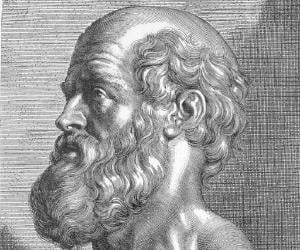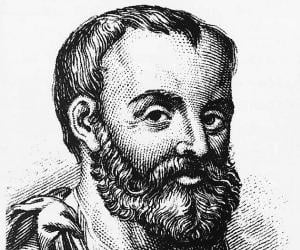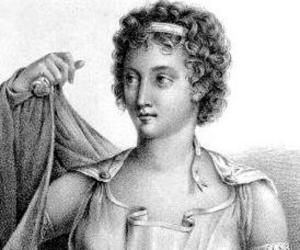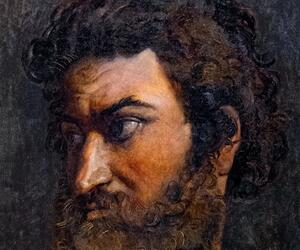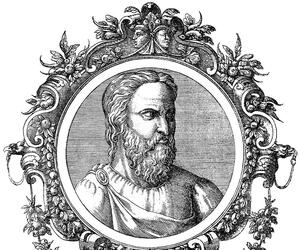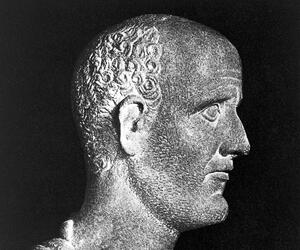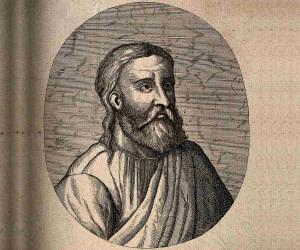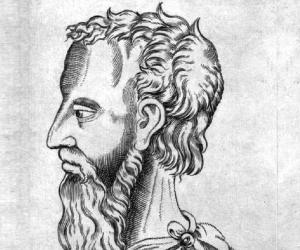1
Hippocrates
(Physician)
Birthdate: 0460 BC
Birthplace: Kos, Greece
Died: 0370 BC
Hippocrates of Kos was a Greek physician and philosopher known as the "Father of Medicine." His lasting contributions include the use of prognosis, clinical observation, and the systematic categorization of diseases. Despite the conflation of his achievements with those of others in the Hippocratic Corpus, he is credited with advancing clinical medicine and prescribing practices for physicians. Hippocrates' work revolutionized ancient Greek medicine, establishing it as a distinct profession and influencing medical practices through the Hippocratic Oath and other writings.
